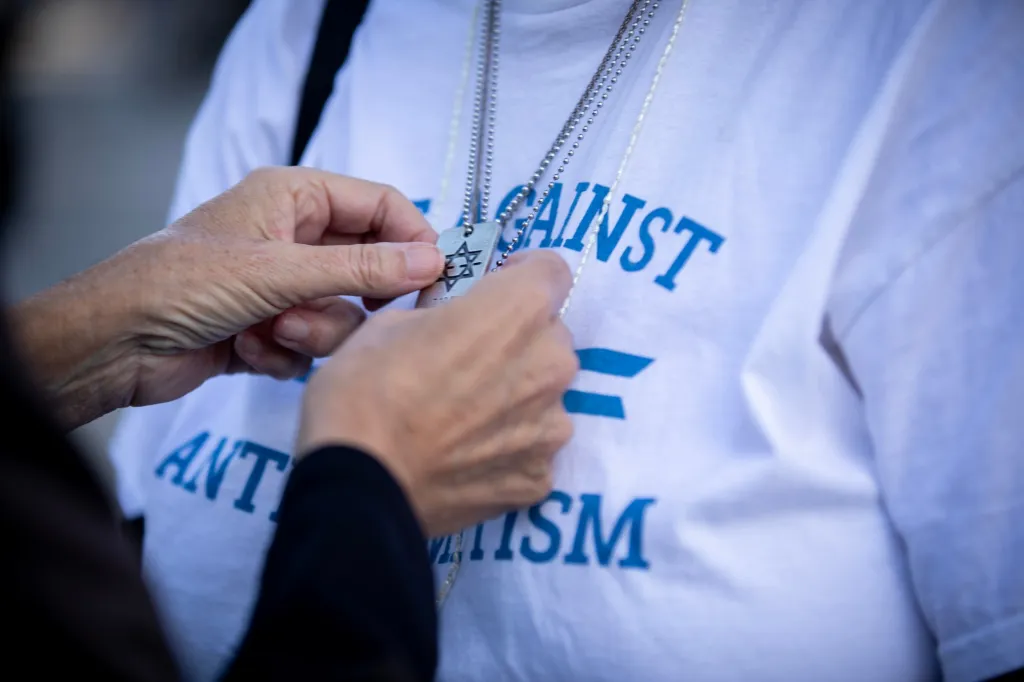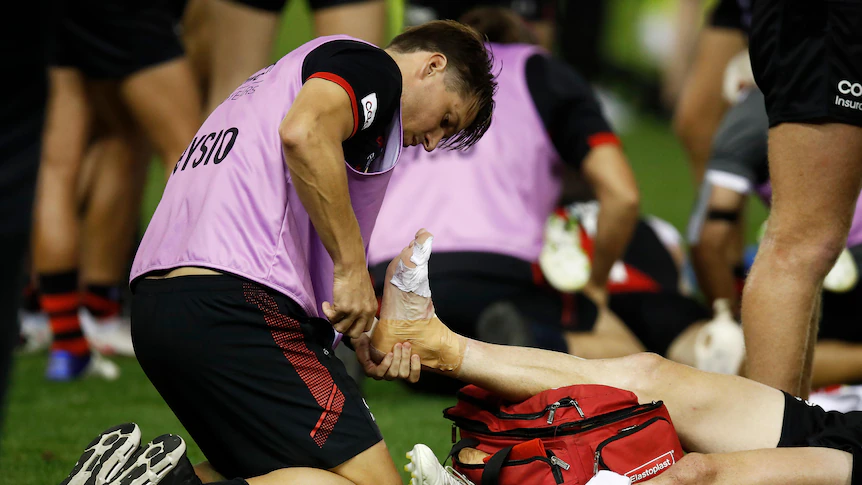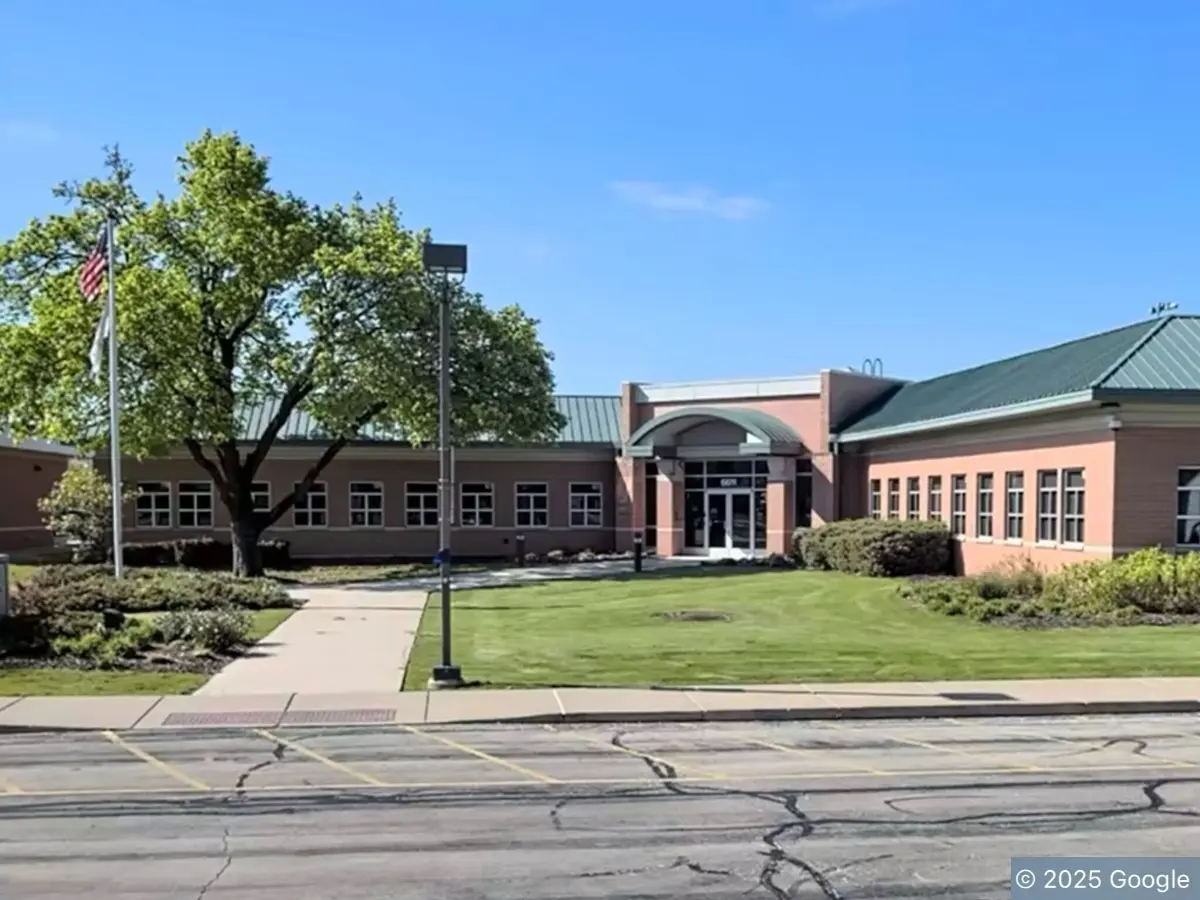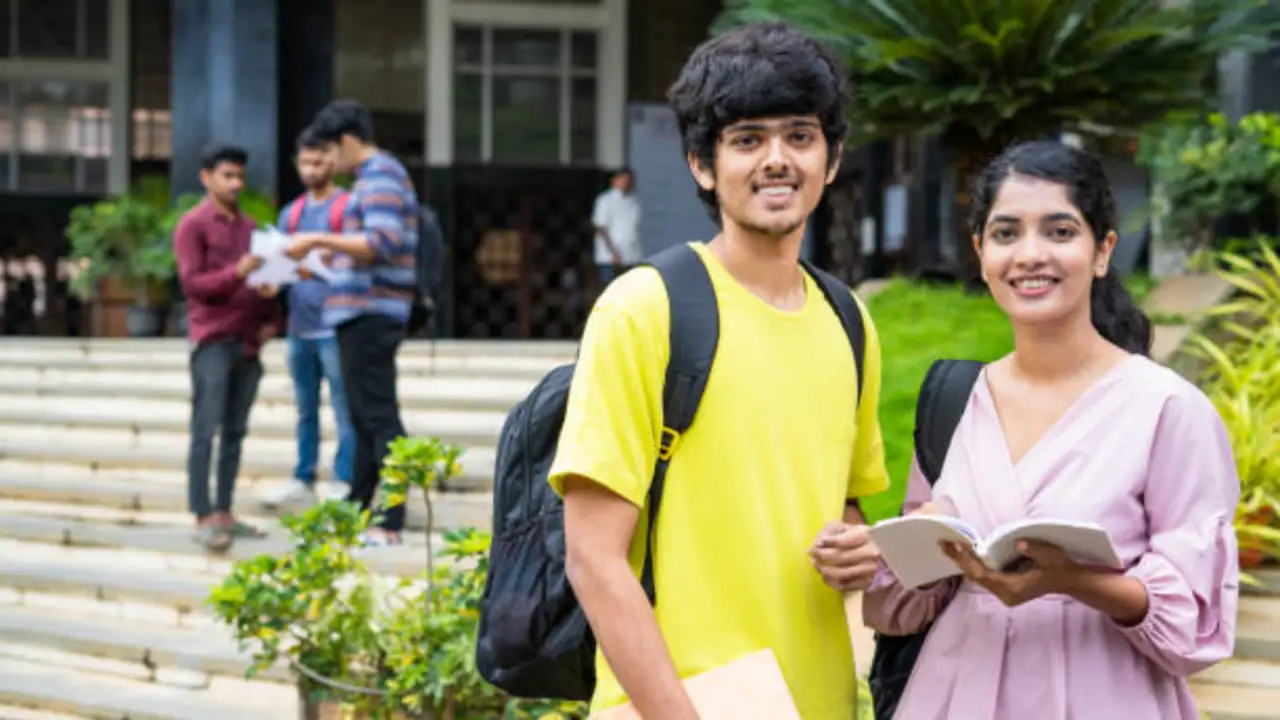
As San Diego’s college campuses come alive again this fall, Jewish students will return to classrooms and dorms shaped by a new reality. Since Oct. 7, 2023, antisemitism has risen significantly in the United States, reshaping the landscape of higher education globally. The antisemitic chants, unlawful encampments and threatening harassment seen at schools from UCLA to Columbia have made headlines. What hasn’t made the news, however, is the long trail of hostility that follows: the isolation and intimidation of students who just want to learn and live openly as Jews on campus.
This is about more than antisemitism. It is a test of our universities and the values higher education claims to uphold. If campuses cannot guarantee safety and respect for Jewish students, then the promise of higher education is in jeopardy for everyone. The debates regarding campus antisemitism continue endlessly. But Jewish students cannot wait for consensus, which may never come. They need support now.
In San Diego, we’ve learned that the most important work in this fight is often the work no one sees. The truth is, much of it is quiet and behind the scenes. Jewish campus organization Hillel of San Diego works directly with university administrators, faculty allies and law enforcement to ensure that the rights of Jewish students are protected. Students don’t need headlines; they want results. In the past year alone, on four campuses in San Diego County, we’ve helped over 100 students navigate reporting systems, advocated for stronger university responses to hate and bias, and supported student mental health in a climate where they often feel isolated.
That is why Hillel of San Diego has reimagined what it means to support Jewish life. Of course, we still provide Shabbat dinners, bagels on the quad and the joyful traditions that ground students in community. Those visible moments are now paired with something less visible but just as essential — advocacy, case management and wellness support that walk students through the hardest moments of college life.
Here’s what that looks like: When a student is harassed on campus, our staff walks them through the maze of the reporting systems. When a faculty member singles out a Jewish student in class, our staff makes sure it doesn’t happen again. When the stress of antisemitism compounds the stress of exams, our staff provides care and resilience-building support. It is painstaking, often invisible and difficult work. But it is the difference between a student feeling isolated and a student thriving.
And here’s the larger lesson: This approach works not because it is flashy, but because it is human. Behind every debate about “the state of higher education” are real students with names, faces and futures. Meeting their needs requires more than outrage. It requires infrastructure, persistence and community.
There is no shortcut to this work. The solution will not come from one policy change, one meeting or one protest. It comes from building systems that ensure Jewish students know they are not alone, that their dignity is non-negotiable and that they are celebrated as part of the diversity of campus life.
While national headlines focus on failures, the quiet truth is that Jewish students here in San Diego are not just surviving — they are leading, creating and thriving. But their resilience should not distract us from the responsibilities that higher education carries.
As this new academic year begins, one truth is clear: The health of our universities will be measured by how they treat their Jewish students. Protecting them is not a side issue; it is a test of whether higher education can live up to its own promise of openness, respect and belonging for all. That is a test every institution must be prepared to ace this year.
Parry is chief executive officer of Hillel San Diego.



